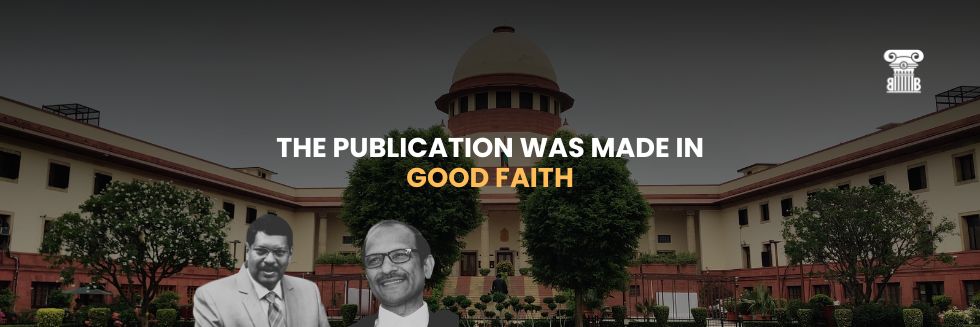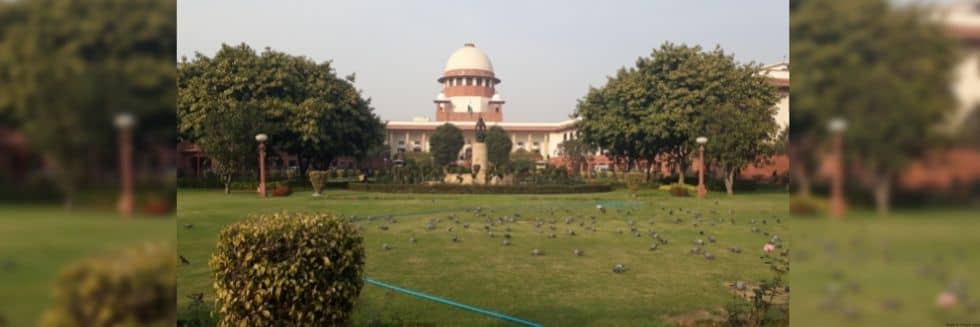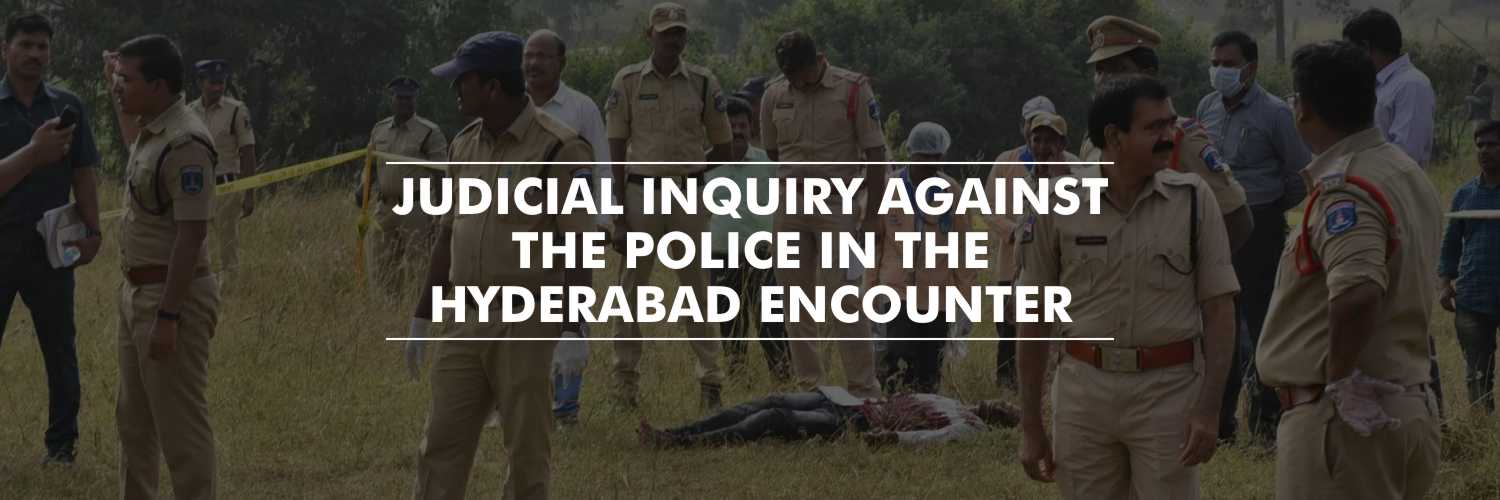In a significant ruling, a division bench of Justices B R Gavai and Sandeep Mehta dismissed a defamation complaint lodged under Section 500 of the Indian Penal Code, 1860 (IPC). The Supreme Court’s decision came in the case of Sanjay Upadhya v. Anand Dubey, marking a pivotal moment in the interpretation of defamation laws in India.
Background of the Case
The appellant, accused of defamation under Section 500 of IPC, is the owner of the ‘Sunday Blast’ newspaper. The appellant faced prosecution following the publication of an article deemed defamatory by the complainant. Despite the Magistrate dismissing the complaint in 2017, a revision procedure in 2018 reversed this decision. The appellant’s subsequent plea to the High Court was dismissed in 2020, leading to the appeal to the Supreme Court.
Court’s Observations
The Supreme Court held that all proceedings against the appellant, initiated by the complaint filed under Section 500 of the IPC, are quashed. The court based its decision on the initial dismissal of the complaint, which it deemed well-grounded in the context of freedom of speech. The court noted that the publication was made in good faith, exercising constitutional rights, and thus, the lower court’s decision remained justified, warranting no further interference.
Understanding Defamation and Its Exceptions
Defamation, as defined in Sections 499 and 500 of the IPC, is the act of making a statement that harms the reputation of an individual or entity. Section 500 of the IPC provides punishment for defamation, which may extend to two years of simple imprisonment, or a fine, or both.
However, Indian law outlines certain exceptions to defamation in Section 499 of the IPC. These exceptions provide defences for individuals accused of defamation under specific circumstances. These include:
- Truth: A statement is not considered defamatory if it is true and can be justified with evidence.
- Public Good: Statements made in the interest of public good are not considered defamatory.
- Opinion: Expressions of opinion, as opposed to assertions of fact, are generally not considered defamatory.
- Fair Comment: Fair comments on matters of public interest are not considered defamatory.
- Privilege: Statements made under certain privileges recognized by law are exempt from defamation claims.
Defamation in Bhartiya Nyaya Sanhita, 2023 (BNS)
Section 356 of BNS provides the definition and punishment for the offence of defamation, aligning with the provisions of the IPC. This landmark case serves as a reminder of the delicate balance between protecting individual reputations and upholding the freedom of speech.






